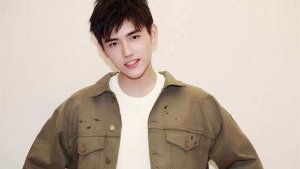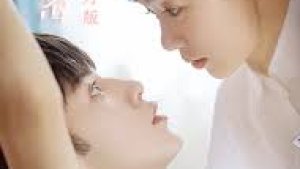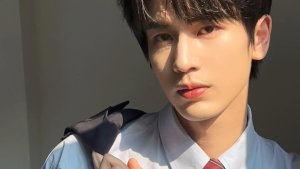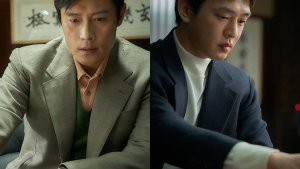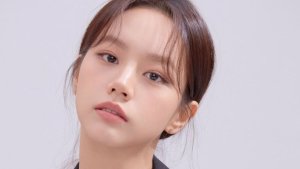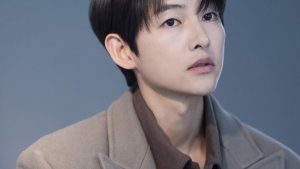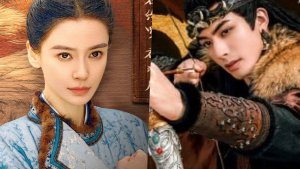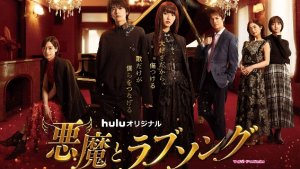 Akuma to Love Song (2021): A Review
Akuma to Love Song (2021): A Review
Based on a book and on a real empress, The Princess Wei Young depicts the fight of a woman for justice and her love for a man who loved her back in equal measure despite the political plots, vengeful twists and turns and machinations to keep them apart. The drama, however, masked under a quest for vengeance is a pursuit of happiness in the form of love, greed, revenge, ambition, and desire for power which contrasts with the reality of ancient times where love didn't rule the world and women were nothing more than possessions to be disposed of by their fathers into marriage to strengthen their family's power.
Princess Wei Young is visually stunning. All the array of colors, the cinematography… exquisitely alluring like a sensitive supercalifragilisticexpialidocious… impressionist painting. There’s beauty and there’s technique. Technique can be both a source and an enhancement of beauty but beauty cannot in any pious platitude mask the lack of technique nor hide the need for further practice in the achievement of mastery. What’s more in the cosmos of Chinese dramas, visually appealing cinematography is ubiquitous. It’s like the sun, the wind, the air, the moon, the rain, the earth… the elements… they’re everywhere. It's commonplace.
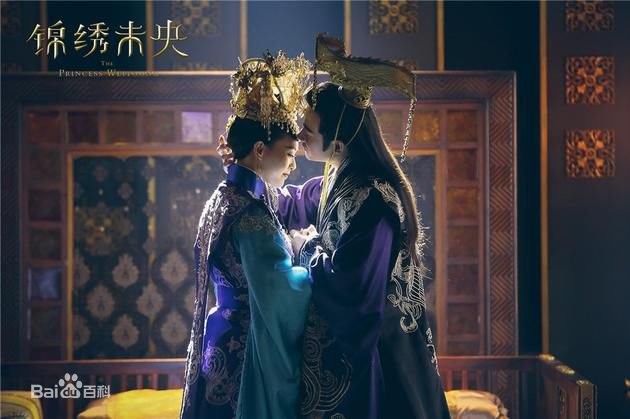
The Beauty in the Drama: The Heroes, The Leads
Wei Young is an interesting character albeit mellow and reactive; she doesn't set the pace, she follows it. She's soft even when she can be bordering on aloofness, a contradiction to her strength and drive on paper and most likely to her real-life persona. Wei Young ought to be fierce, driven, determined, proactive and engaging, but she's not. Yet somehow, despite the flaws, her character is likable.
Tiffany Tang was convincing if what she had to work with were soporific jejune guidelines from the production team about how the real Princess Wei Young was. Otherwise, it’s just another case of beauty masking an insipid lackluster performance.
It's sad and up to an extent denotes a lack of motivation to really perform the character to its full potential, considering the richness of information available about Princess Wei Young aka real life Empress Dowager Feng: the historical records and facts about her life and reign as well as the fictionalized novel the drama is based on. There is so much that could have been expressed on screen, so many emotions that could have truly made justice to the Empress, that regretfully were left out.
If Princess Wei Young was solely a fictional monotonic teenager with general personality traits i.e. happy, quiet, clumsy, introverted, talkative, Tiffany Tang's performance would have been acceptable. There's not a lot to work with but there's something that allows for interpretative creative freedom and improvisation. Here there was a lot of material available which didn't appear to have been used or maximized but she won a best actress award for the drama at the 22nd Huading Awards in 2017 so...
The Character | |
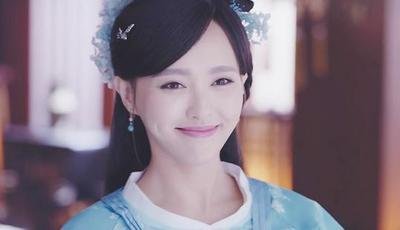 | 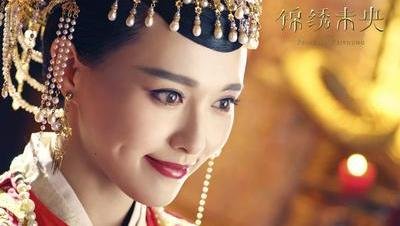 |
The Actress | |
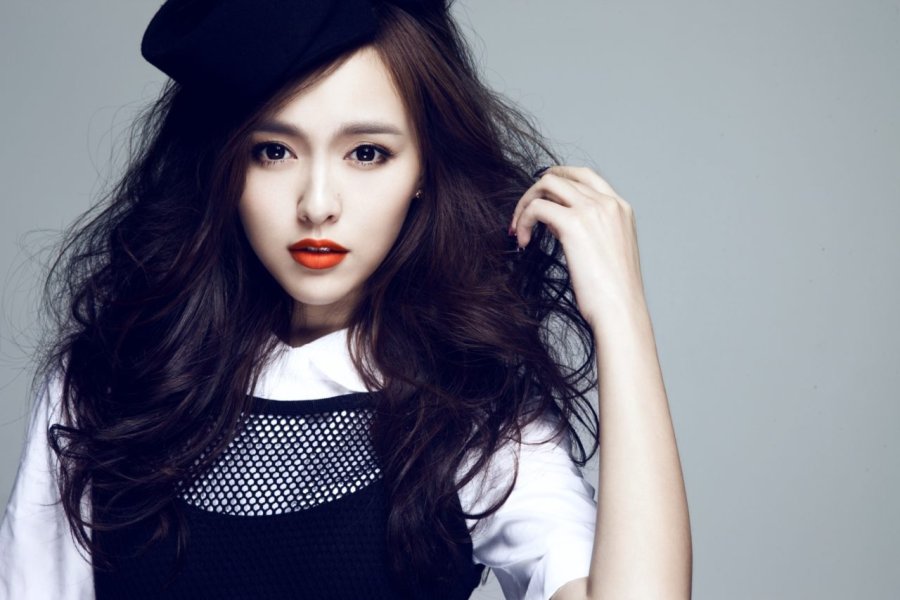 | 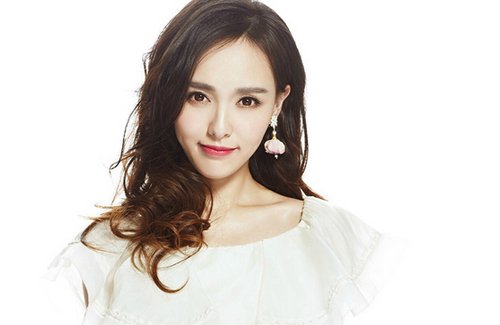 |
Touba Jun is assumingly kind and compassionate, a bright, content young man inside his royal title and responsibilities howbeit more often than not he looked like a lovesick man pining for the woman he loved. Without the period wardrobe, he would be just another contemporary man running after his love. For a male lead, he lacks spunk which might be attributed to how the character was written or how the director wanted it to be performed. Regardless, Touba Jun is visually appealing to watch on screen. Therefore what was lost on performance was gained in beauty, not entirely a bad thing if the drama was a period adaptation of Boys Over Flowers in the palace.
Luo Jin is beautiful, not gorgeous, not handsome, beautiful. A man that is hard to look away from in the drama, very hard. But beauty, while a feast to the eyes, doesn’t feed the soul’s need for good acting, not in the least. His performance seems based on the affective memory method or emotional recall where he used his own memories repertoire to conjure Touba Jun’s emotions which is fine when personality-wise, the actor and the character appear to have so much in common; yet taking such hero-esque challenge-less roles is similar to having the same song on digital replay for a week – pointless, innocuous, banal.
With so many responsibilities and so many events taking place at court, Touba Jun aka Emperor Wencheng of Northern Wei became emperor at an early age, although at the time, becoming the head of the state in the early teens was not uncommon. As befitting his position, Touba Jun had to shoulder the responsibilities of an empire ruler since he was very young. His reign which has been documented in history books and the fictional novel both provide strong sources of information about Touba Jun which would have been an asset to his onscreen interpretation but were either nonexistent, invisible or were perhaps edited out to focus on Luo Jin's Apollo aesthetical elegance. Whatever it was or was not, it worked as he won an award for most popular actor at the 8th China TV Drama Awards in 2017.
The Character | |
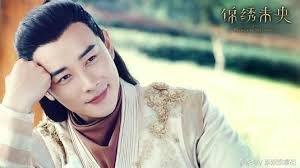 | 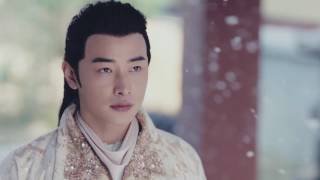 |
The Actor | |
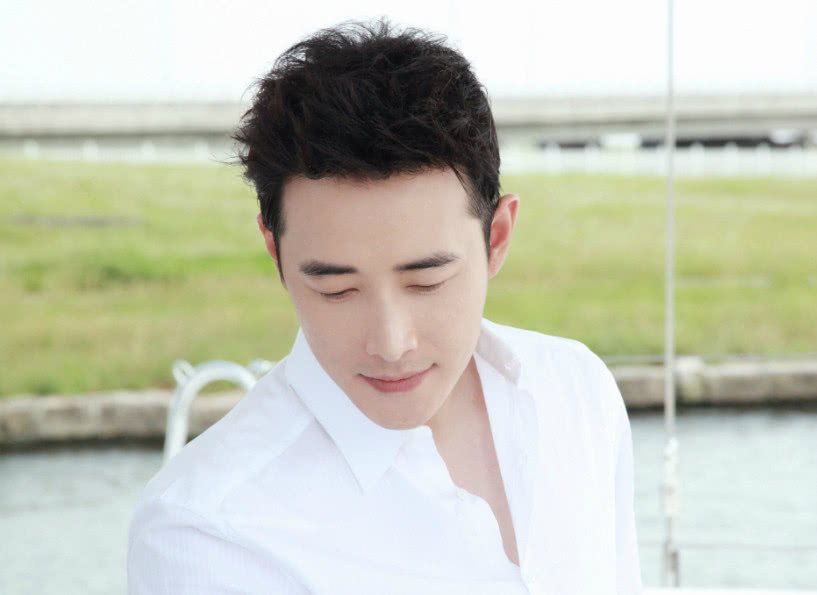 | 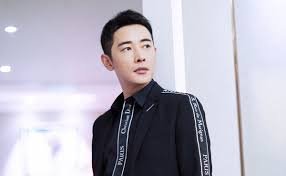 |
Beauty, however, perishes. As William Shakespeare (1833: 940) once put it in his plays and poems, "Beauty is but a vain and doubtful good; a shining gloss that fadeth suddenly; a flower that dies when it begins to bud; a doubtful good, a gloss, a glass, a flower, lost, faded, broken, dead within an hour. "
The Acting Excellence: The Anti-Heroes, The Second Leads
Chang Ru and Touba Yu are machiavellian scene stealers. Chang Ru is a weed pretending to be a naive flower that uses people to accomplish her own personal agenda without them knowing about it. Clever, manipulative and ambitious, she's an expert at deception like Touba Yu, the man she loves; the man that wants Wei Young. Both characters are complex and have such a strong presence on screen that is fascinating to watch despite all their plotting and conniving misdeeds.
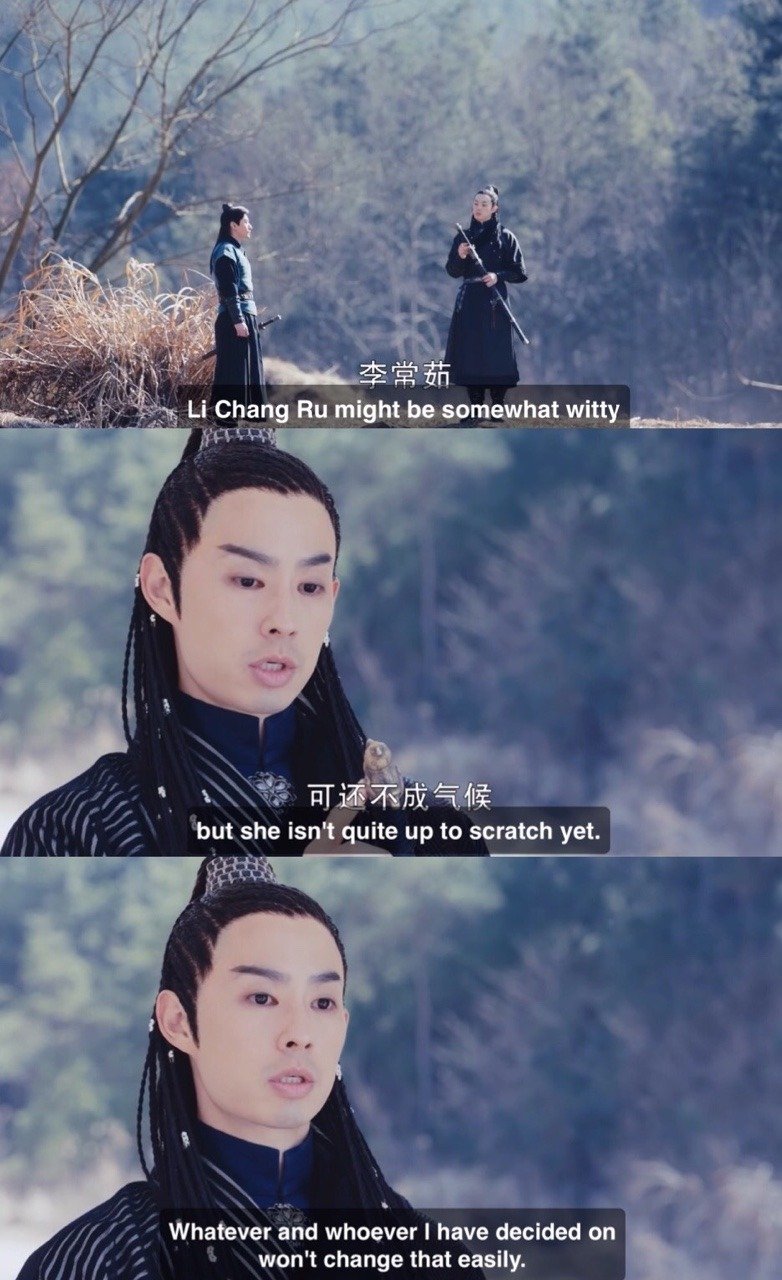 | 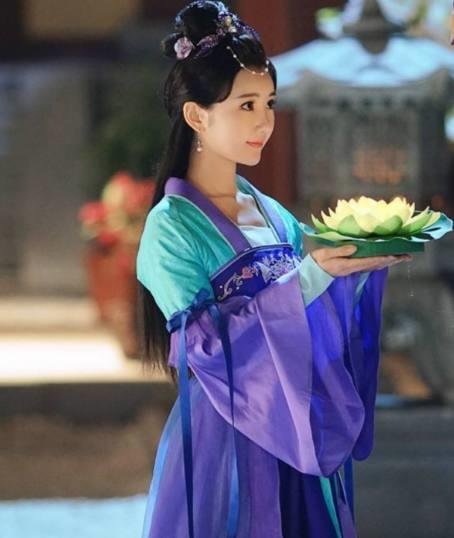 |
Chang Ru appears to be very delicate and weak, yet she’s anything but. Having lived under the shadow of her cousin who took it upon herself to oppress and outshine her whenever she could, Chang Ru has become vengeful and hypocritical. She’s pretty but not beautiful like her cousin. She is, however, clever, highly intelligent and very patient. Like a snake, Chang Ru knows when to bite, when to retreat and when to change her skin to blend into her surroundings. She has no qualms about betraying those she perceives to be an obstacle in her path and in playing the role of the victim if and when it suits her purposes. Her goal is merely one: obaing Touba Yu’s affections.
Mao Xiaotong appears to have studied her character well, considering her only source of information to portray Chang Ru were her depictions in the novel The Poisonous Daughter. With limited material to work with when compared to the other three leads, Mao Xiaotong had a starting disadvantage. None withstanding her work has demonstrated that less can be more if one knows what to do with what one has.
Lee Strasberg uttered “if we cannot see the possibility of greatness, how can we dream it?”, it appears Mao Xiaotong has seen in Chang Ru that possibility, has dreamt about it and made it a reality with flying honors.
Chang Ru's role when compared to Princess Wei Young, Touba Jun or Touba Yu was rather small and sidelined without a gargantuan impact on the storyline, still, through her skillful performance, Mao Xiaotong has raised it to their standards. Interesting how she has matched them tit for tat as if it was a strategy and the drama a game theory where all three main leads were decision-makers strategically interacting with one another, which in fact they all were. She has also proven right Constantin Stanislavski words “there are no small parts, only small actors.”
Mao Xiaotong performance had such depth that it earned her the award for the most charismatic actress on screen at the 8th China TV Drama Awards in 2017 and a nomination for best supporting actress at the 5th Annual DramaFever Awards in 2017.
The Character | |
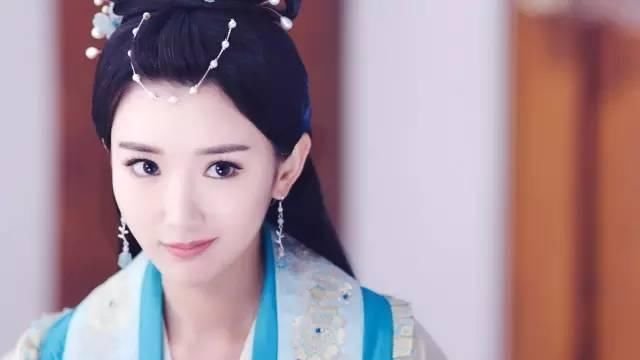 | |
The Actress | |
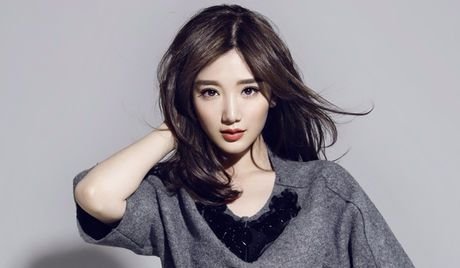 | 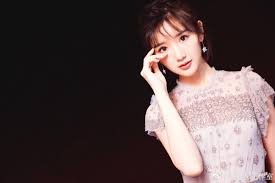 |
Touba Yu is a morally dubious anti-hero with a Byronic heroic element to his character. While he sets himself aside from his society's moral and ethical codes of conduct, he's capable of deeply loving another whom he sees as an intellectual match to his strategic Machiavellian political maneuvers. With his deep, contemplative, insidious introspection and an arrogant, inscrutable, standoffish behavior, Touba Yu is a charismatic, mysteriously intelligent, plotting conspirator that in some ways alludes to Niccolò Machiavelli's "The Prince" masterpiece. In the discourses (II:3), Machiavelli said that “the art of deception, an art always necessary for those who would mount to great heights [...]; and which is the less to be condemned when… it is skilfully concealed. …the only inference to be drawn… is that the prince who would accomplish great things must have learned how to deceive.” Touba Yu was a master of deception.
Parallels between Touba Yu and the literary work do not end there as Touba Yu had no qualms about betraying others to reach the throne. Yet “It cannot be called skill to slay fellow-citizens, to betray friends, to be without faith, without mercy, without moral obligation. Such methods may gain empire, but not glory… his barbarous cruelty and inhumanity… do not permit him to be celebrated among the most excellent men.” This Machiavelli's criticism of Agathocles personified Touba Yu for whom the end justified the means. His actions got him the throne but as briefly as he obtained it, he lost it, and his reign in par with his persona have been destitute of glory in the history books.
When looking at the character and Vanness Wu's interpretation, there is only Touba Yu, the gloomy, sinister prince. Vanness Wu doesn't exist on screen. Throughout the drama's 54 episodes there's Touba Yu and Touba Yu alone. Lee Strasberg expressed "work for the actor lies essentially in two areas: the ability to consistently create reality and the ability to express that reality". Vanness Wu exemplifies that. He created and developed his character (the reality) and expressed it (in an outstanding manner). He has also elevated Touba Yu to male lead, earning him an award for the most charismatic actor on screen at the 8th China TV Drama Awards in 2017, which he more than deserved, and a nomination for best villain at the 5th Annual DramaFever Awards in the same year.
Constantin Stanislavski mentioned “create your own [acting] method. Don’t depend slavishly on mine. Make up something that will work for you. But keep breaking traditions, I beg you.” This is what Vanness Wu continuously seems to be doing through his performing arts choices, and is one of the attributes that sets him apart from his peers. He's talented, he has mastered his craft and keeps innovating as an artist, inducing profoundly strong impressions in the audience with each beguiling performance. His work unquestionably speaks for itself, regardless of how famous he is or what he looks like.
The Character | |
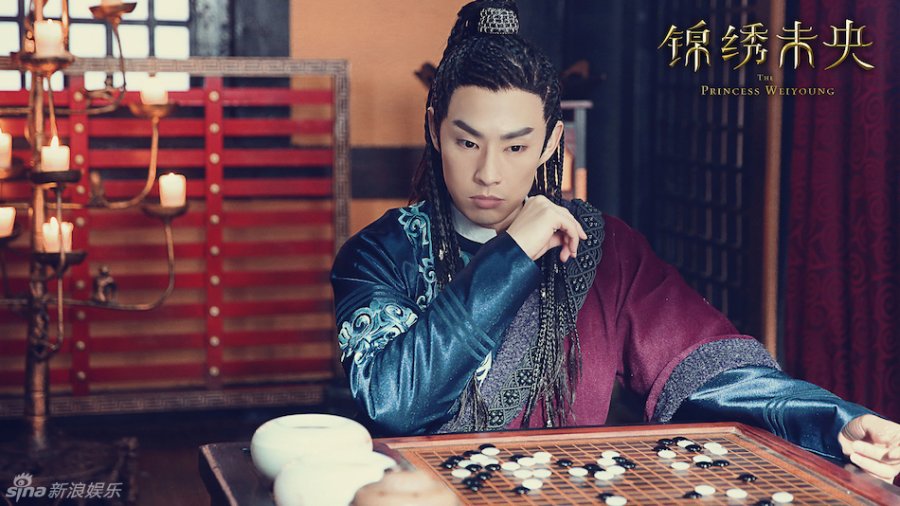 | |
The Actor | |
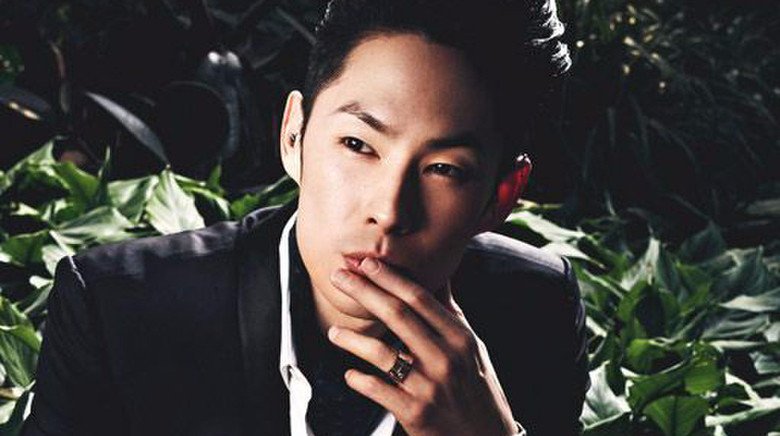 | 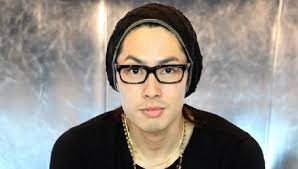 |
Princess Wei Young is a drama where both sets of leads are opposed in a Yang and Yin manner, giving the series a perfect subliminal balance with Wei Young and Touba Jun signifying the former, and Chang Ru and Touba Yu the latter. The sun vs the moon… where the moon took the lead and kept it.
Someone's loss is another person's gain after all and Mao Xiaotong and Vanness Wu took the opportunity presented to them and showcased episodes of pure magnetic brilliancy on screen while the main leads took the second stage in their own story. A textbook case study example of craftsmanship overtaking beauty, of talent overtaking looks and of screen presence overtaking visual allure!
Intrigued?
Watch the drama!
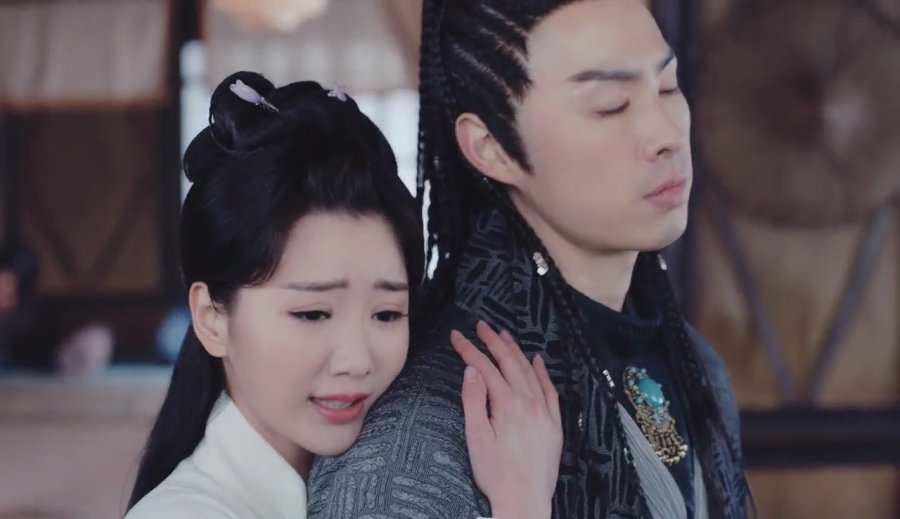
Mao Xiaotong & Vanness Wu will make it worth your time.
Drop your thoughts and comments below!


